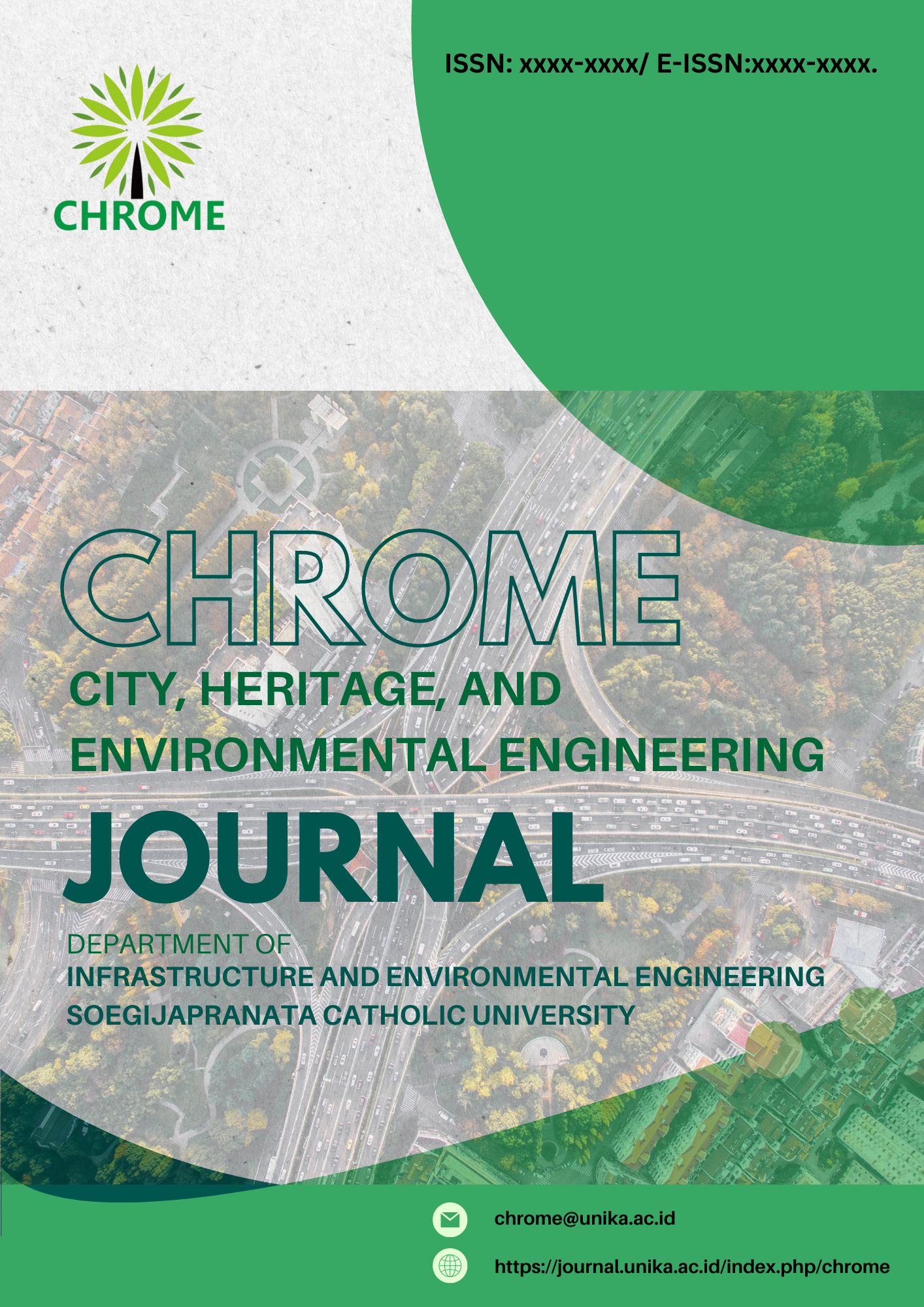Contribution of Activities of Al-Irsyad Al-Mubarok Islamic Boarding School Santri in Efforts to Reduce Greenhouse Gas (GHG) Emissions
Abstract
Islamic Boarding School or Pondok Pesantren (PONPES) is a traditional Islamic education institution applying a learning model by requiring students to live and study together (live-in) under the guidance of a teacher, ustadz, or kyai and have a hostel for students to stay at. In addition to efficiency in learning, these live-in activities also result in efficiency in the use of energy, for example in the use of fossil fuel for transportation and electrical energy from the use of electronics, both televisions and cell phones. This efficiency also contributes to the reduction of Green House Gas (GHG) emissions as one that causing global warming and triggers climate change which resulting in the emergence of disease bacteria and viruses. To find out this issue, a quantitative study was carried out by calculating the energy conversion of fuel and electricity from Islamic boarding schools using the principle of carbon conversion based on the Intergovernmental Panel Climate Change (IPCC) formula and comparing it with activities outside Islamic boarding schools. Based on the results, it is known that there is efficiency in carbon release as much as 8.71 kg CO2/ day in fuel and electricity energy consumption from live-in activities at Islamic boarding schools which also affect the potential for reducing GHG emissions.
Keywords
carbon emission; climate change; GHG; IPCC; Islamic Boarding School
Full Text:
PDFDOI: https://doi.org/10.24167/chrome.v1i1.11733
Refbacks
- There are currently no refbacks.
Copyright (c) 2024 CHROME: City, Heritage and Environmental Infrastructure Engineering Journal
ISSN cetak - | ISSN online - | View My Stats







